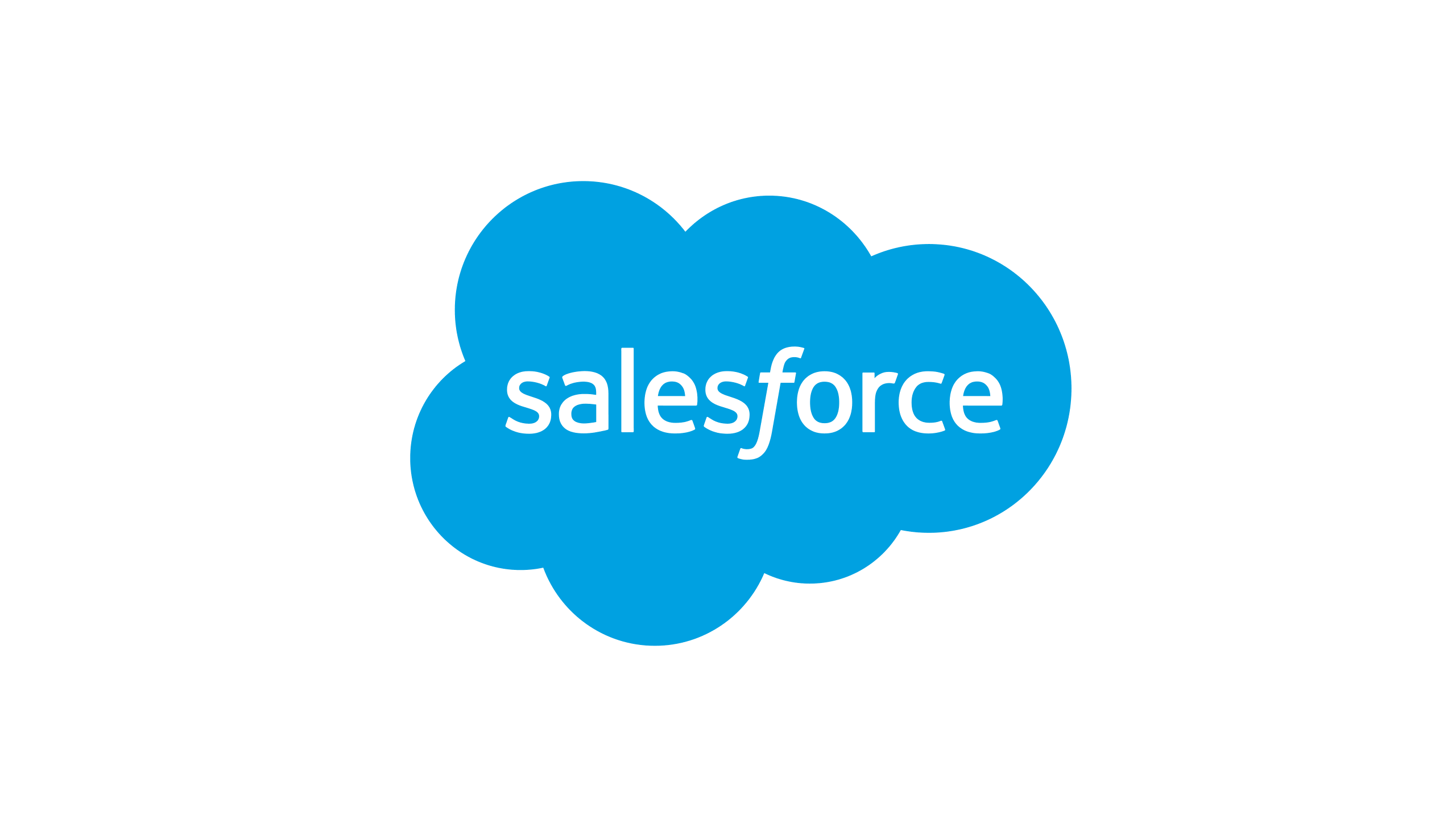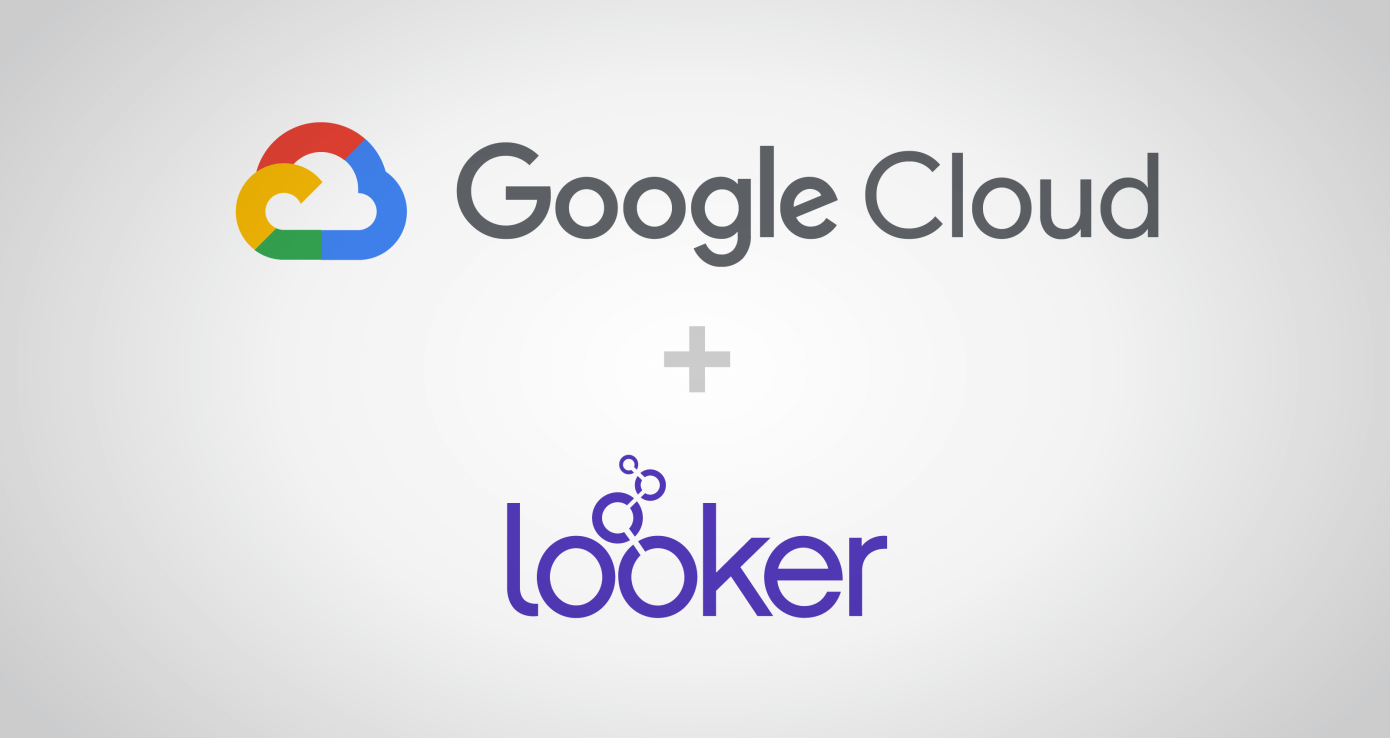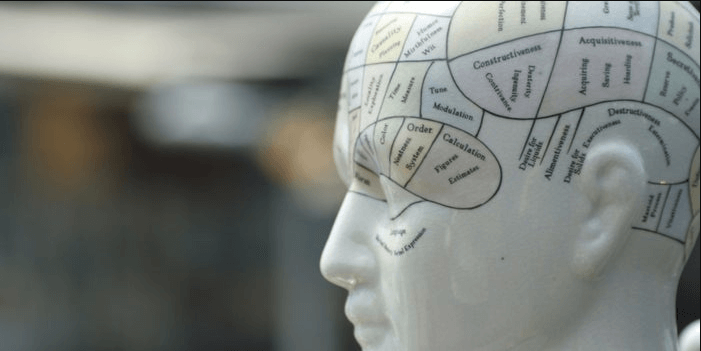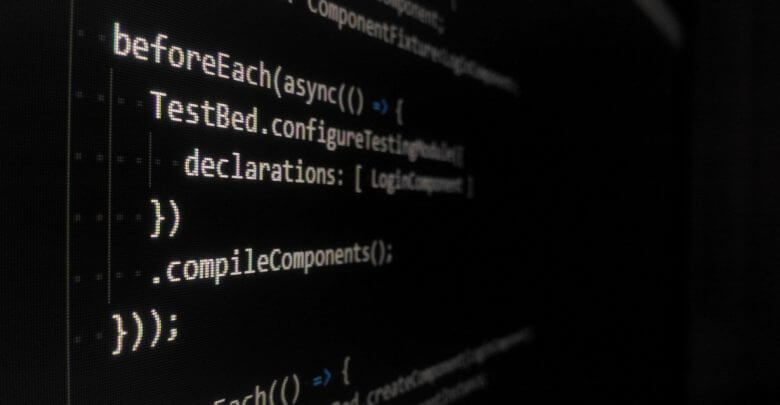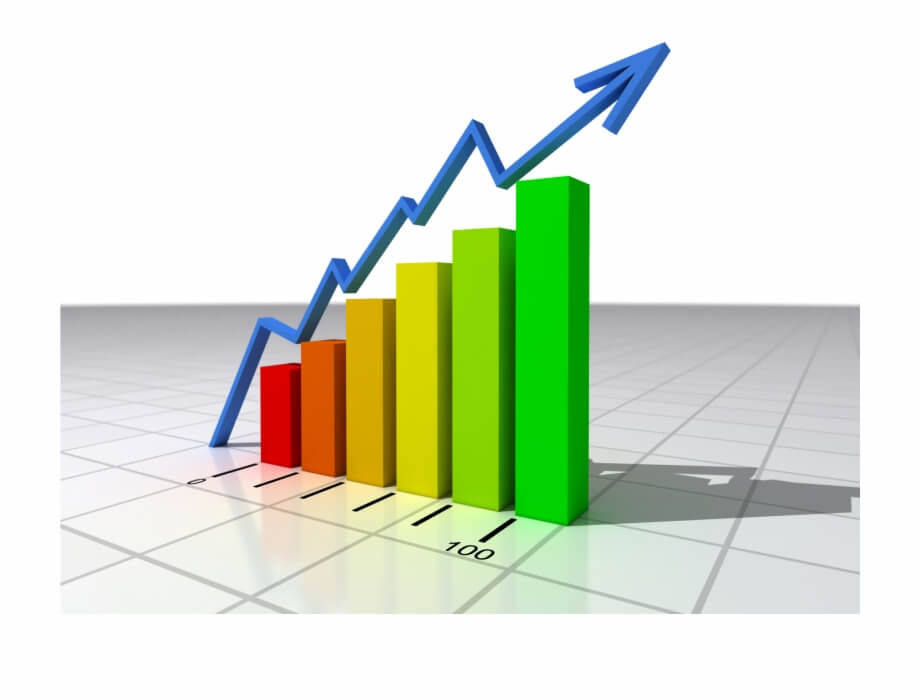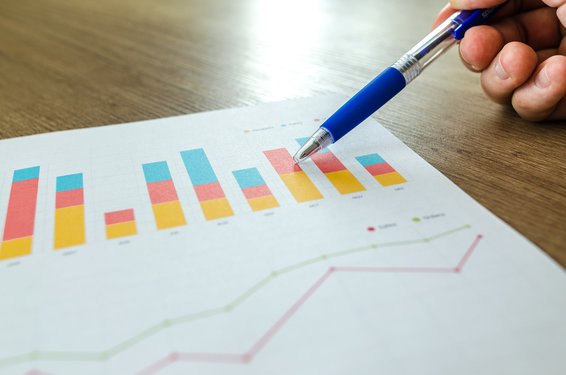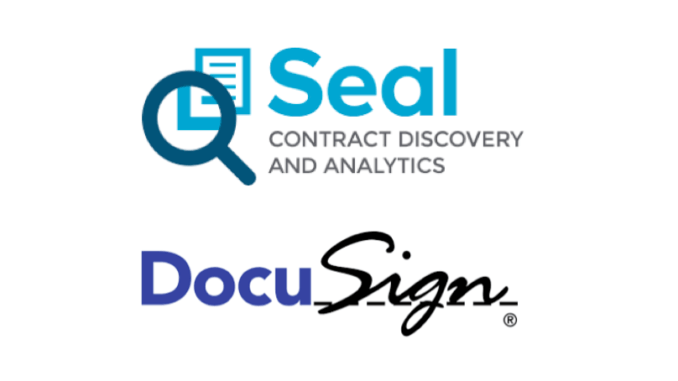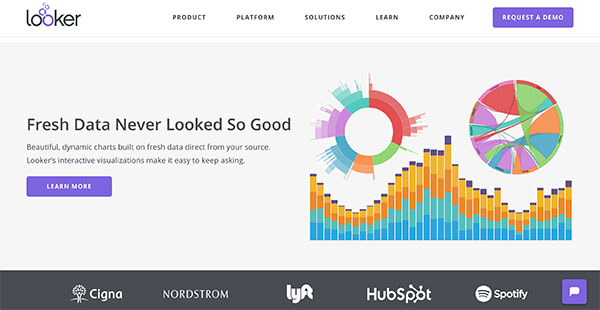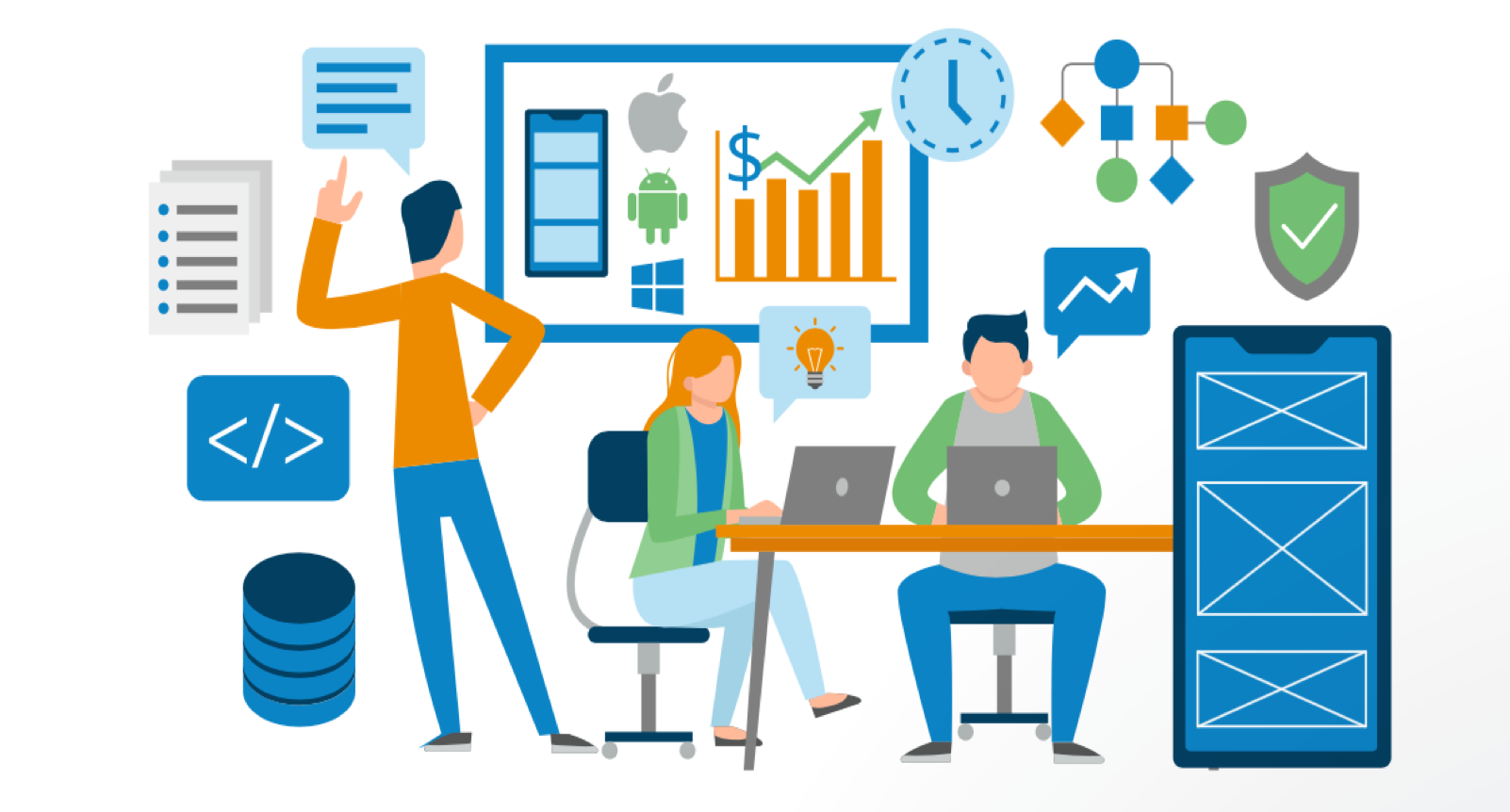As businesses invest more resources into business intelligence and data analytics, they're looking to fill more of their roles with data experts. The market is saturated with job postings for data scientists, data analysts, and all sorts of other 'data' people. Right now, data analysts are very valuable to the corporations that want them.
Many job seekers want to access these lucrative data analysis positions, but they don't have the qualifications or the experience. In a job market that's becoming increasingly hostile to those who don't have in-demand skills, many are trying to make the switch to data analytics. Many others are looking to enter the job market, and want to know what they should focus on in higher education.
Unfortunately, many job seekers don't know what sort of skills they need to become a data analyst. They don't know what sort of things businesses are looking for when they hire for data analyst roles. This makes it very hard for job seekers to get interviews, even for roles where they might be a good fit.
Job seekers need to know what sort of skills and qualifications they need to become a data analyst, what sort of things they can expect to be doing as a data analyst, and how they can specialize to make themselves more valuable to businesses.
What does a data analyst do?
A data analyst looks at a business's data and performs statistical operations on it to find trends, make forecasts, and drive insight. Simply put, they analyze data.
Not every data analyst will focus on the same kinds of data analytics. Some analysts focus exclusively on building visualizations for wide consumption. Others focus more on predictive analytics and forecasting. Large businesses might have analysts who just focus on big data.
An analyst's specialty will affect what sort of roles they'll be best at, but having a specialty doesn't make an analyst a better or worse hire for more general roles.
In a day-to-day sense, the data analysis role will differ from business to business. Nowadays, it's almost certain that a data analyst will spend a large part of their day interacting with a business intelligence or data analysis tool. The specifics of which tool and what they'll actually be doing will change from role to role.
At many businesses, data analysts might be responsible for driving the data strategy of their entire organization. At these organizations, data analysts will build dashboards and visualizations for different departments and teams. This is especially common among businesses that don't use a self-service BI tool.
Even in organizations that have a self-service tool, data analysts might get tapped to help implement that tool or train other employees how to use the tool. They also might do more complex operations that the average employee wouldn't be able to handle.
Often, data analysts end up doing more of the technical work that a BI tool requires. These more technical operations often require some sort of coding knowledge. Data analysts also might end up using less user-friendly tools that expect them to know more code.
This isn't an exhaustive list of what a data analyst might be asked to do. Like any job, there will be tasks and projects not covered in the job description. Since it's such a technical position, data analysts might get asked to do other technical things, especially at smaller businesses and startups.
What skills do I need to become a data analyst?
The core of a data analyst's skill set will be statistics-focused. Data analysts need to know how to analyze data. More importantly, they need to know why they're doing the analysis that they're doing. They need to use the most effective statistical strategies to show the trends and relationships that exist between data sets.
This doesn't mean that a data analyst necessarily needs to be good at math. They rarely actually have to complete the calculations they want to perform on their data; their BI or data analytics tool will do that for them. However, they need to know what a right answer should look like.
Since so much of a data analyst's day is using their BI or data analysis system, they should be proficient in that tool. There are dozens of different business intelligence tools on the market, and it's unreasonable to expect a data analyst to know how to operate every one of them. They should be familiar with these tools in a general sense, and then have a deeper understanding of a couple of the more common ones.
These positions are often code-heavy roles. While they're less code-intensive than actual programming or development roles, they almost always have a large coding component. SQL proficiency is a must, and basic knowledge of languages like Python and R is valuable. Again, it'll change from role to role; different companies will have different requirements.
That largely sums up all the hard skills that a data analyst needs to land the best data analyst jobs. There are also some soft skills that are valuable to recruiters. Like most jobs, people skills and the ability to communicate are essential. Finally, experience is usually necessary for most higher positions, but many entry-level positions exist.
There isn't one agreed-upon degree that all data analysts should have. Some data analysts will have specifically majored in data science or data analysis, while others will have more general business degrees or more technical computer science degrees.
Almost every data analysis role will be looking for someone with at least a bachelor's degree. Master's degrees and other postgraduate degrees aren't uncommon in higher roles, but aren't necessary for most entry-level roles.
How can I specialize in a data analytics career?
Often, businesses aren't looking for general data analysts to fill senior-level roles. They want employees that have specific training and experience in a specific area to fill a specific role.
Like with other careers, data analysts can specialize to become more useful to their employers and more valuable to recruiters. While there's a wide range of specializations that cover basically every data use case, not every specialization is especially useful. The most common specializations are usually the most useful, since many companies will be looking for people with those skills.
Sales analysts study a business's sales information to recommend new paths forward. They usually have more business knowledge than the average data analyst and may help executives and senior managers to plan the strategy of the sales department.
Other departments may have department-specific data analyst roles, as well. It's fairly common for accounting departments to have budget analysts or for the executive suite to have high-level business analysts.
Some data analysts may want to lean into the more technical side of the role. More technical-focused data analysts are usually called 'data scientists'. Data scientists usually spend more time on the development side of things.
Often, businesses that want to use machine learning, mess with AI, or implement neural networks need data scientists to make those complex operations work. Job seekers looking to fill these roles will need more technical and coding experience than the average data analyst.
Data engineers are a similar type of role, but they're more interested in the way that data is structured and transmitted. They focus on building and maintaining data pipelines and warehouses, making sure that data can get where it needs to go.
Data scientists and engineers are similar kinds of roles to data analysts, but each has their own skills and moving between those roles isn't as easy as it looks. At most larger businesses, these three roles will be separate positions and might even be in different departments, while at smaller businesses, there might be more of an overlap.
In financial services, data analysis can give firms an advantage over their competitors. Financial analysts do data analysis on aspects of the stock market and other data streams in the financial space. They help banks, hedge funds, and other financial institutions to make effective investments. These roles usually require more knowledge of economics and more familiarity with the ins and outs of the stock market than other roles.
These aren't the only ways that a data analyst can specialize. If a business collects a certain kind of data, there's probably some kind of data analyst that focuses specifically on analyzing that kind of data. At the largest, most data-driven organizations, almost every department will have its own data analysts.
Conclusion
Data analysts are extremely valuable to modern, data-driven businesses. Recruiters are struggling to fill open data analyst roles, and even entry-level data analysts have their pick of where they want to work and what they want to do.
Data analysts help businesses to comb through their data for insight. They're the people who know what to do with data to display trends and find relationships. Usually, they'll analyze data using a business intelligence tool.
At many organizations, data analysts help to connect the average user to data. They build out dashboards and visualizations for the businesses that they work for, so that the average employee doesn't have to interact with the BI tool.
Most data analyst roles require basic knowledge of the programming languages that most BI tools run on, like SQL, Python, and R. A data analyst won't get very far if they don't know how to use these common languages. They should also have a strong knowledge of statistics and how to use statistical techniques effectively.
There are many kinds of specialized data analysis roles. Sales analysts focus on improving a business's sales figures, data scientists and engineers focus on the technical aspects of data, and financial analysts analyze the stock market and other financial data to formulate effective investment strategies.
Entry-level data analyst roles are open both to first-time job seekers and people who already have a career and are looking to make a change. People who feel comfortable with data and have a good knowledge of common scripting languages ought to apply for data analyst positions.

